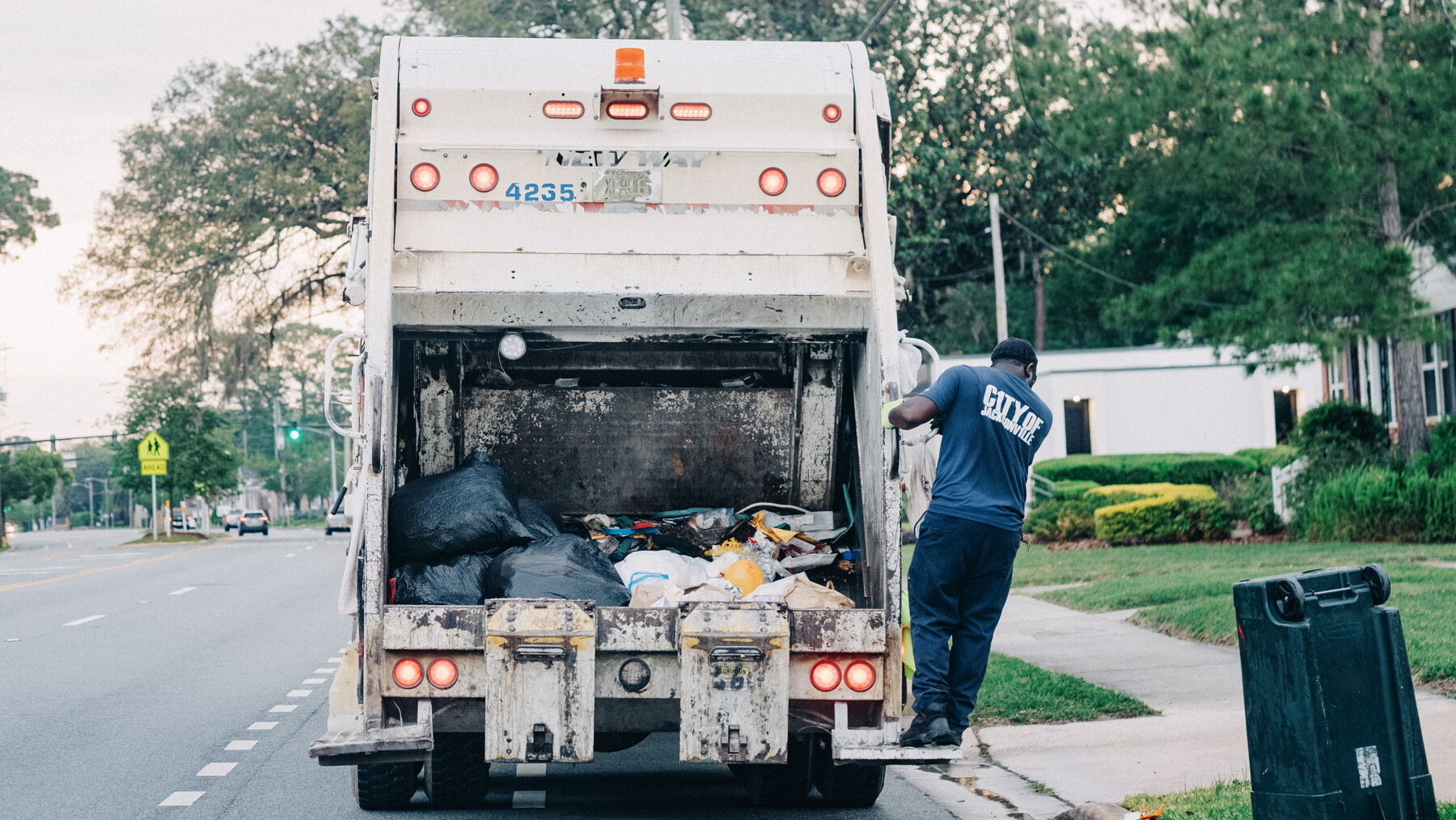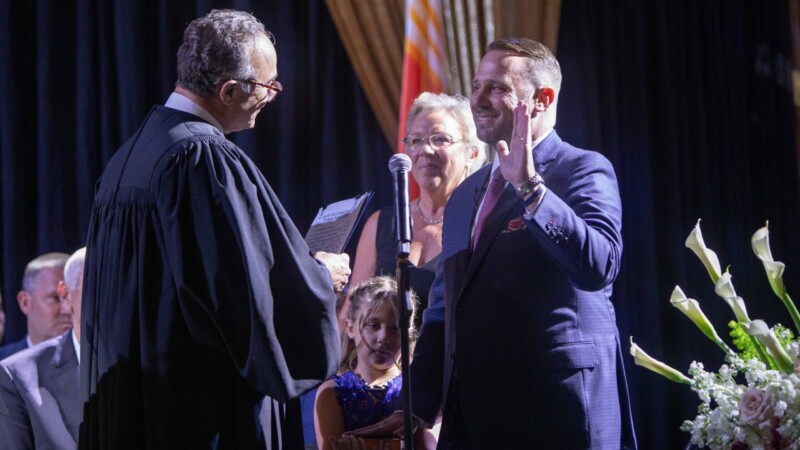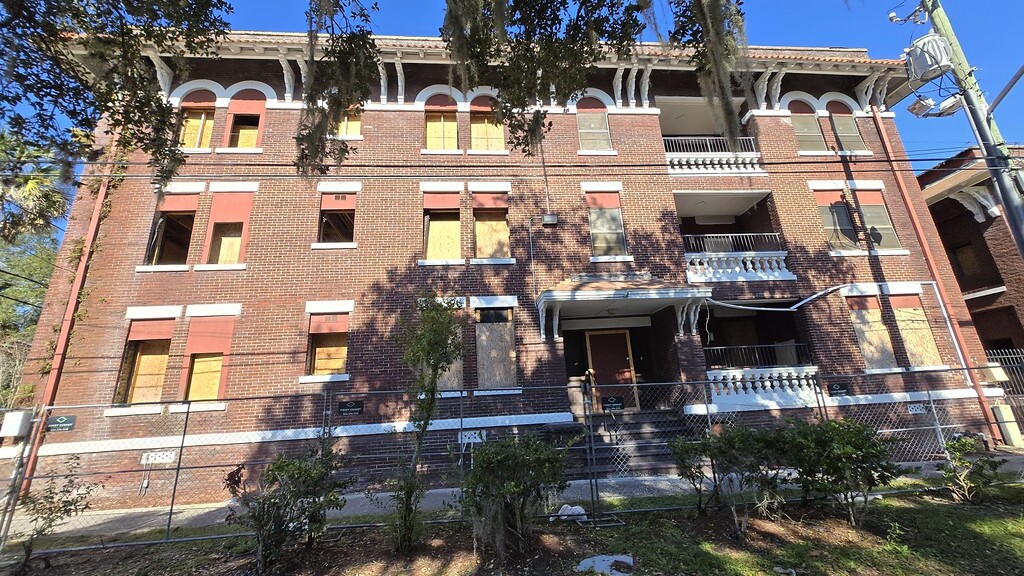You may already be familiar with my proposal to address Jacksonville’s solid waste fund debt. I want to take this opportunity to explain my proposal and provide details. Currently, our solid waste fee is $12.65 per month, but that amount falls far short of the actual cost of residential garbage collection. In fact, we are running an annual deficit of approximately $40 million just for residential services.
To cover this shortfall, we’ve been using ad valorem property tax dollars to subsidize the program. However, there’s a catch: We are not legally allowed to use property tax dollars for this purpose due to our legal agreements with the Beaches cities. As a result, each year we must loan ourselves the money from the general fund, which we are legally obligated to pay back.
This loan has been growing, and by the end of this fiscal year, it will reach $100 million. If we fail to act, projections show that this debt will balloon to half a billion dollars by 2031. This trajectory is unsustainable.
We have spent a lot of time working on a solution, and I have introduced a proposal to address the core issues while remaining mindful of our community’s needs.
First, I propose aligning the solid waste fee with the true cost of the service. Based on analysis by our council auditors, the actual cost of residential garbage collection is $30.40 per month. I understand this represents a significant increase from the current $12.65. To ease the impact on households, the council and I can explore whether to implement the adjustment in a single step next year or phase it in over several years.
Currently, we pay less than half the true cost of service while loaning ourselves the difference, a loan we must pay later. By hiding the actual cost of service in an artificially low fee, we lack transparency and accountability to our residents. Aligning the fee with the true cost of service ensures transparency and compels the government to manage costs effectively and negotiate fair contracts.
Second, I want to emphasize our commitment to protecting our community’s most financially vulnerable. To that end, we’ve introduced a companion bill to provide exemptions for those who cannot afford the solid waste fee. This means that families and individuals struggling financially will not only avoid an increase but will be exempt from the fee completely, an exemption that doesn’t exist as it stands today.
Finally, I want to share one of my father’s maxims: “Before you criticize, be prepared to build a better mousetrap.” Raising the solid waste fee to reflect the actual cost of service, while protecting financially vulnerable households through an exemption program, is the best mousetrap. It’s a fiscally responsible, transparent, and sustainable solution to a problem we can no longer afford to ignore.
I’m committed to working with my colleagues and our citizens to implement a solution that is fair, transparent, and responsible.






